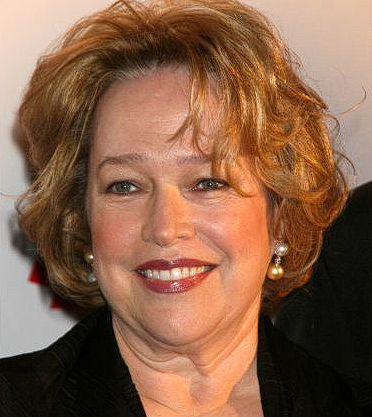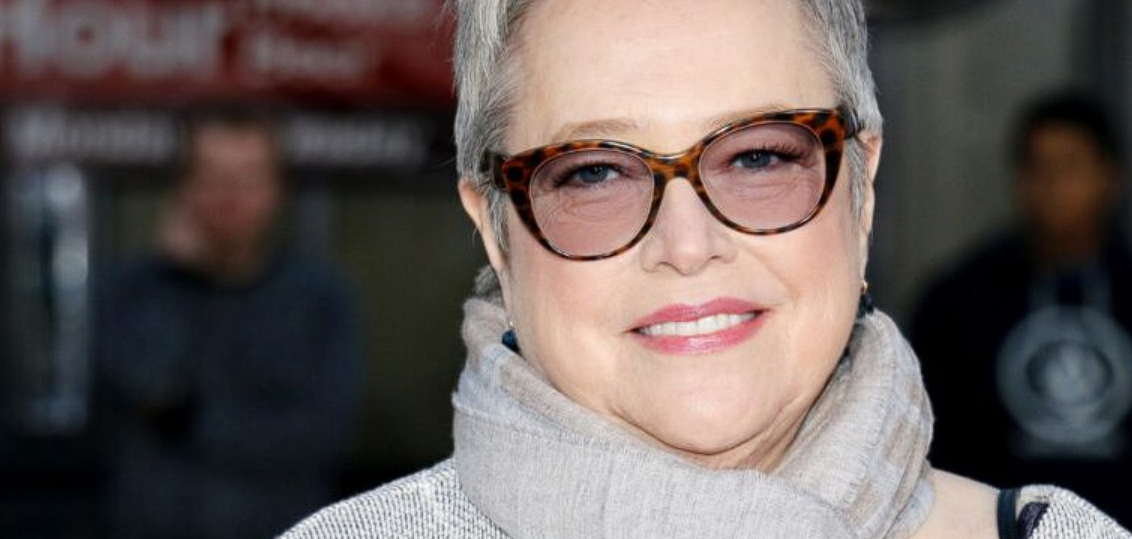Kathy Bates is almost finished with her acting career. She is working on her last show. She discussed the end of her acting work with the NY Times. She said her new role on “Matlock” where she plays Madelyn Matlock is her last gig. She plays an older, female version of the 1980s “Matlock” character.

According to Bates (76), she had been seriously thinking about moving away from acting altogether, telling her agent she was officially done after a difficult experience on a movie set—though she didn’t specify which one.
However, when the script for “Matlock” landed in her hands, she was immediately captivated by the character, whose mission to set things right resonated deeply with Bates’ own past struggles, both in her personal life and career.
Despite this newfound inspiration, Bates made it clear that this would be her final performance. Even if another compelling drama were to come her way, she has no intention of returning. Portraying this character has been exhausting, with the demands of an 18-episode season taking a significant toll on her.

Kathy Bates was born on June 28, 1948, in Memphis, Tennessee. She gained widespread recognition for her portrayal of Annie Wilkes in the 1990 film
Misery, based on Stephen King’s novel. Her chilling performance as the obsessive, deranged fan earned her the Academy Award for Best Actress.
Throughout her career, Bates has shown versatility, excelling in both comedic and dramatic roles. She starred in a wide range of films, including
Fried Green Tomatoes (1991), Titanic (1997), and About Schmidt (2002), each showcasing her ability to disappear into her characters. On television, Bates found success in American Horror Story, where her various roles earned her several Emmy nominations. She also won an Emmy for her portrayal of political strategist Harriet Korn in the legal drama Harry’s Law.
Bates has faced personal challenges, including surviving cancer twice. She has been an outspoken advocate for cancer awareness, lymphedema research, and mental health issues.




